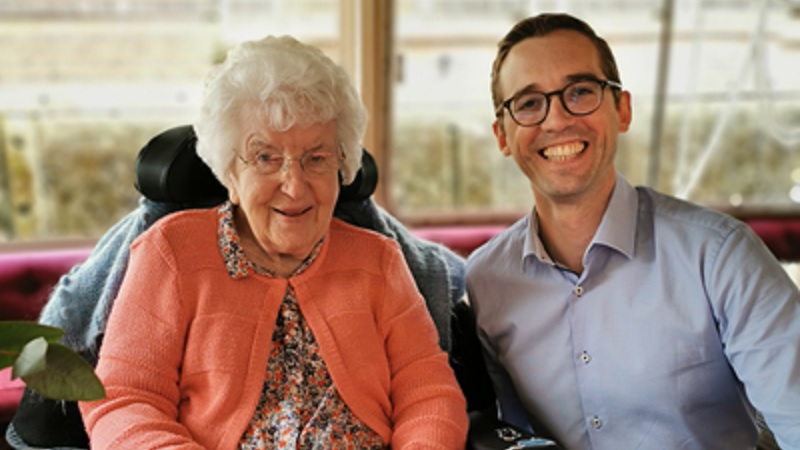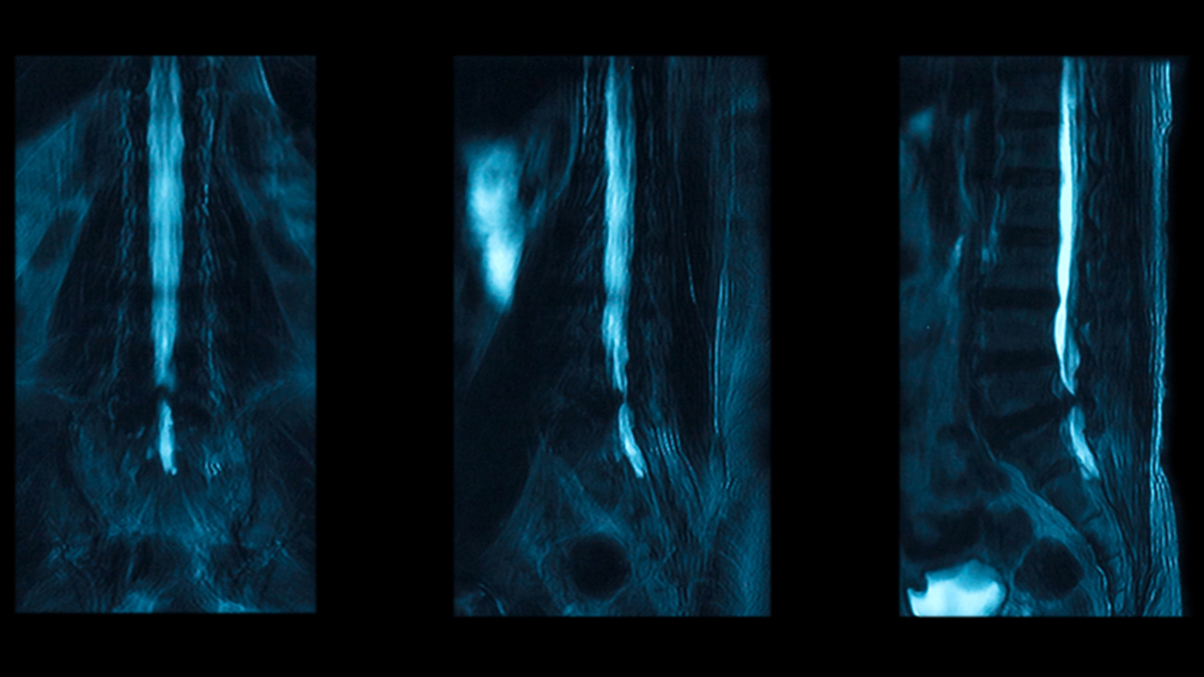Stewarts’ client LR underwent multiple operations to partly remove a spinal tumour, but her condition deteriorated and she required multiple surgeries. A claim was brought against her physiotherapist and the hospital trust for failure to refer her to other medical professionals.
Clinical Negligence partner Alison Goldney and trainee solicitor Punam Shah examine the proceedings.
The injury
LR was born and lived in Poland before moving to the UK with her husband in late 2015. She was diagnosed with a benign spinal teratoma at the age of 13. A teratoma is an extremely rare benign tumour, but clinically it is similar in terms of its behaviour to the more common dermoid cyst. There are two aspects to the teratoma: one is solid, and the other is cystic. The allegations relate to a delay in undertaking surgery to the cystic element, which resulted in spinal cord compression and paraplegia. LR underwent six operations (the last of which was in mid-2015) and made a very good recovery after each surgery. Following surgery in 2015, she understood that the teratoma had been completely removed. It later transpired that this was incorrect and only part of the teratoma had been removed.
Shortly after this operation, LR moved to the UK with her husband. In late 2015, she developed bilateral leg weakness and knee pain. Consequently, in 2016, LR’s GP referred her to a physiotherapist (the first defendant), but she was discharged after a few sessions.
Several physiotherapist referrals and appointments followed over the next year at the second defendant hospital trust. No neurological examination of LR or MRI scan took place, and LR’s condition deteriorated, leading to her requiring home visits from her GP.
Eventually, an MRI scan without contrast was performed in September 2017. However, this was considered of limited use, although LR was referred to ‘spinal surgeons’ for management and further investigation. Following a further visit from her GP, she was immediately referred and admitted to hospital. LR underwent another MRI scan, which demonstrated an abnormality within the spinal cord displacing and compressing the cauda equina nerve roots. She was then admitted to Royal Stoke University Hospital for neurosurgical assessment in November 2017. Subsequently, LR underwent an urgent laminectomy and drainage of the cystic element of the teratoma.
Following surgery, LR underwent a period of rehabilitation. She is now wheelchair dependent and lives with bladder and bowel dysfunction, but can self-propel, undertake transfers and carry out her own personal care.
The legal case
LR instructed Alison Goldney at Stewarts. A claim was brought against LR’s physiotherapist and the hospital trust for failing to assess and arrange or refer LR to other medical professionals. This failure led to a delay in surgical drainage to relieve the pressure the teratoma was placing on the spinal cord. Eliot Woolf KC at Outer Temple Chambers was instructed as counsel in her claim.
The first and second defendants made several admissions in relation to failures in LR’s care. The major issue in dispute was causation insofar as what LR’s condition would have been notwithstanding the delay in surgical drainage.
The case was complex due to the extremely rare nature of spinal teratomas. Both neurosurgery experts instructed by the claimant and defendants had never, in their extensive careers, managed such a case, nor was there any literature on long-term outcome. This meant that determining the outcome (and accordingly the case’s value) had LR reached surgery sooner was difficult. The defendants’ position was that she would only have temporarily improved for approximately six months before she would have ended up in the same position (ie reliant on a wheelchair). The claimant’s case was that LR would have undergone further surgeries to the teratoma, but she would have remained stable for around 20 years.
An early joint settlement meeting was held following the issue of court proceedings in an attempt to resolve the issues between the parties. Unfortunately, this was not successful. The claimant then made a Part 36 offer (an offer of settlement made without prejudice, save as to costs) of £427,000.
At the case management conference (a court hearing setting directions leading to a trial date), the judge had to decide whether radiology expert evidence was required. The defendants disputed the need for such evidence. The claimant argued that it was required to show the degree of progression of the teratoma’s cystic element during the index period and in the post-negligent period. Following receipt of the radiology evidence, it was apparent that the teratoma had grown significantly in the index period. However, in the post-negligent period, there had only been modest growth. The claimant’s legal team’s view was that this supported the claimant’s evidence of a longer period of stability had the negligence not occurred. Accordingly, the Part 36 offer was withdrawn.
Settlement
A mediation was held with the first and second defendants in April 2023. Although no liability admissions were made, a financial settlement was reached that was significantly higher than the claimant’s Part 36 offer. This has allowed LR to purchase a property, make adaptations and provide her with a safety net for increased care needs as she ages.
Testimonial
LR’s husband commented: “Our experience with Alison and the Stewarts team was very good throughout the process; we couldn’t have asked for a better team. The settlement has allowed us to totally transform our lives. Where before I spent the week working jobs away from home just to afford living costs, I can now focus purely on my business and stay at home with my wife to provide any assistance she needs. We are also now finalising the purchase of a house, which is an additional comfort as rents are skyrocketing.”
You can find further information regarding our expertise, experience and team on our Clinical Negligence pages.
If you require assistance from our team, please contact us.
Subscribe – In order to receive our news straight to your inbox, subscribe here. Our newsletters are sent no more than once a month.






